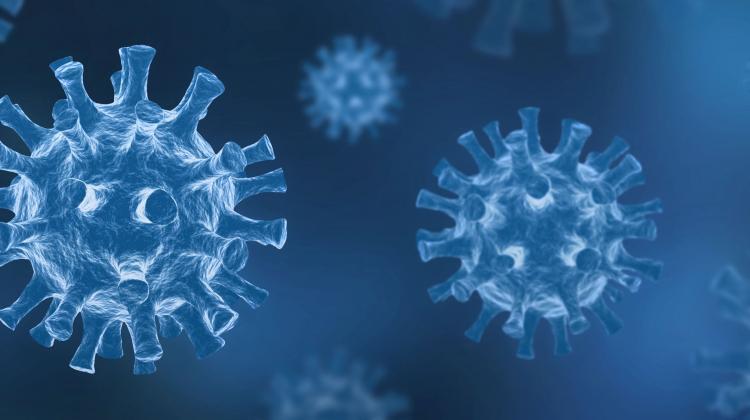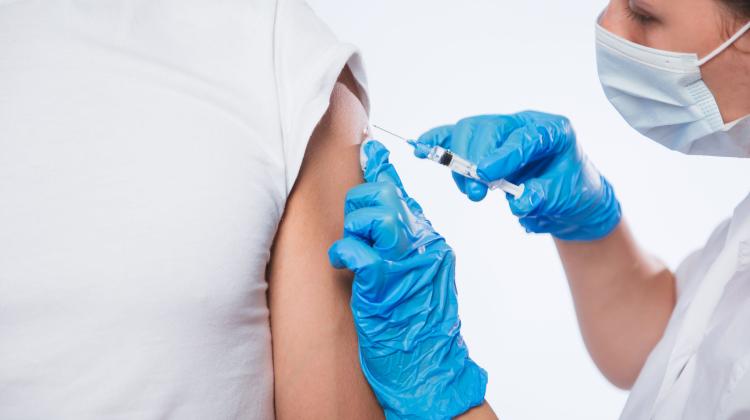Scientists team up to develop highly sensitive coronavirus screening tests
 Credit: Adobe Stock
Credit: Adobe Stock
Scientists from the Łukasiewicz Research Network are developing rapid and highly sensitive screening tests for the presence of SARS-CoV-2 coronavirus.
Dr. Joanna Jankowska-Śliwińska from the Institute of Electron Technology which has teamed up with the Institute of Electronic Materials Technology to form a new research centre - the Łukasiewicz Research Network - said: “The tests are based on the principle of detecting structural proteins of the virus present in its envelope, and not, as in many available tests, detection of antibodies in the patient's blood.
“This solution will allow us to determine the actual presence of SARS-CoV-2 in the analysed sample and not antibodies generated in the human body as a result of infection. As a result, this test will clearly confirm the SARS-CoV-2 infection.”
With funding from the Medical Research Agency, the Łukasiewicz Research Network will officially begin at the start of October 2020.
According to the Network, the test could be widely used in the control of SARS-CoV-2 virus infection, in particular at border crossings, airports, public places, clinics and doctor's offices. It could even replace the commonly used temperature measurement, which is non-specific and does not clearly indicate SARS-CoV-2 coronavirus infection.
A quick screening test will reliably identify the infected by analysing oral, throat, nasal or saliva swab samples, and the results would be available between 20 and 40 minutes.
Project leader at Łukasiewicz, Dr. Joanna Jankowska-Śliwińska, specializes in research on biosensors. In 2016, she obtained a PhD in biocybernetics and biomedical engineering at the Institute of Biocybernetics and Biomedical Engineering of the Polish Academy of Sciences. She is also a recognized expert in analytical methods, including electrochemical methods, as well as methods used in surface analysis - IR and Raman spectroscopy, AFM and scanning electron microscopy.
The lead researcher of the project is Dr. Kamil Kosiel, since 2002 a doctor of technical sciences at Faculty of Electronics and Information Technology, Warsaw University of Technology (in 2012 he obtained the degree of habilitated doctor). He specializes in thin layer deposition methods (useful in sensor technology) and the construction of sensors for biological and environmental applications.
The Łukasiewicz Research Network activities can be found under #ScienceShield. Currently, over a dozen research and engineering projects are at various stages of advancement.
PAP - Science in Poland
zbw/ zan/ kap/
tr. RL
Przed dodaniem komentarza prosimy o zapoznanie z Regulaminem forum serwisu Nauka w Polsce.


















